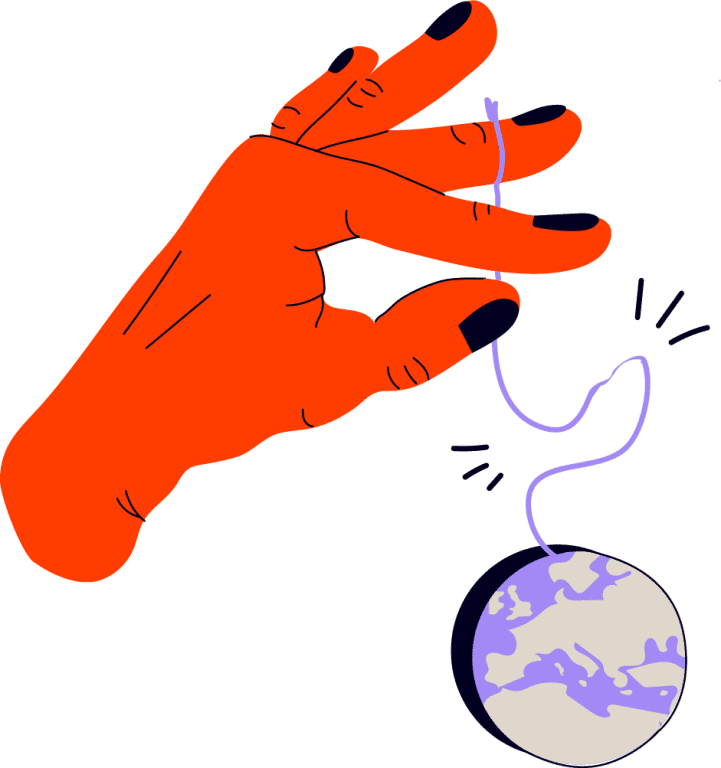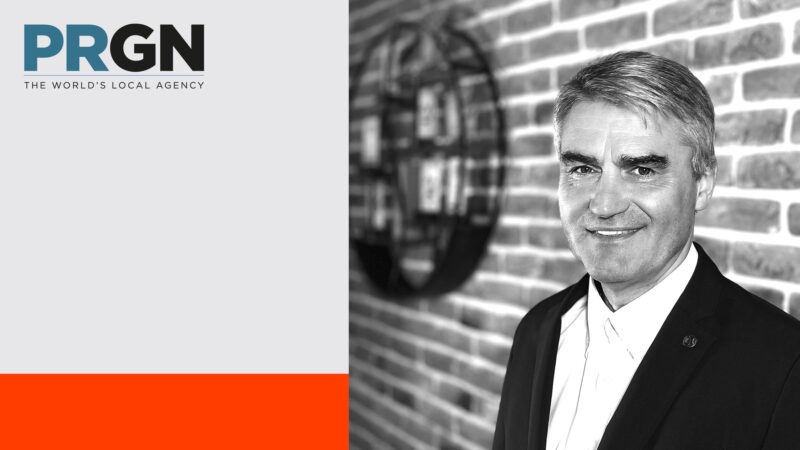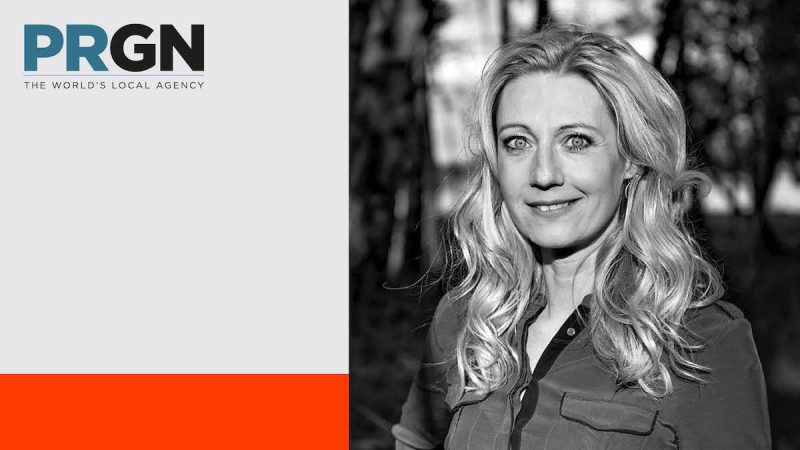What would be the legacy of your company, if it were to disappear tomorrow?

”A company needs to understand that we play a bigger part in society. This role needs to be measured and we need to work for it, if we still want to be relevant in the future. ” – Rolf Ladau, CEO, Paulig
In 1970, American economist Milton Friedman put forth in a New York Times article that the only social responsibility a firm has is to grow its profits. However, societies and the world change constantly, as do people’s perceptions of the value that the private sector creates. To be successful in a market, firms now need to provide added value, besides financial gain. This added value is something meaningful that the firm offers its stakeholders – be it responsible action, locality or transparency – and it can’t be provided without a purpose.
There’s not much research on the topic. LAB University of Applied Sciences design graduate Heidi Niemi wrote a thesis on the topic in collaboration with Ellun Kanat. Our Head of Research Elina Kiiski-Kataja sat down with Heidi to discuss what findings the thesis yielded on meaning and purpose in businesses.
What was the most significant finding in your research on the purpose and meaning in businesses?
According to research by Euromonitor International in June 2020, the shift from sustainability to purpose as a business driver is one of the most significant themes to impact consumer markets. Firms are increasingly focusing on the core purpose that stems from within, which is understandable. It can be a valuable asset, when used as a tool for making decisions and developing an organisation.
We’ve noticed this phenomenon at Ellun Kanat. We studied the topic in our disruption barometer and noticed that a whopping 78 % of Finns believe that firms need to participate in solving the wicked problems that society is facing. What impression did you get in your interviews, are the firms taking this seriously, or is it more of a trend?
Instead of a marketing fad, I think purpose is rather a recognizable part of a company’s narrative, its business and success. It’s how companies reach future talent, who are looking for more and more meaning from their jobs, according to multiple studies. Besides talent, added value is increasingly beginning to interest investors as well, who are looking for positive share development in the long term.
In addition to the brightest talent, added value is beginning to interest investors as well.
Your research studied the effects of meaning and purpose on employee experiences. What factors in a purpose influence the experiences of an employee and how does the way we experience our own work factor into the broader purpose?
You can’t detach employee experiences from the business and strategy of a company. You have to observe them in their natural context. Employee experiences comprise of experienced meaning, interest, objectives, values and the entire business of the company. So it englobes everything that happens in the firm, and the relationships that the firm has made with its stakeholders, society and the world in general. Employees are the first group that a firm needs to commit to pursue its purpose and really create value for others.
An employee’s relationship with the firm develops over time, like customer relations. Therefore it’s important that employees know where the company is headed, and ideal if they participate in finding this direction. When an employee’s responsibilities, development, remuneration and collaboration all support this vision, the employee can see their value in the big picture and find their place in the community. This means companies can’t really produce meaning when it’s not there, instead they have to commit employees by helping them find meaning in everyday tasks and the broader goals of the organisation.
So then, what part does responsibility play when discussing purpose? At Ellun Kanat we believe that responsibility is not separate from the business. It should be a strategic, cross-functional value since we live in the world of Double Disruption, where firms operate in a communicative, transparent environment while battling changes onset by climate change, like the rest of us. So what perspectives on responsibility came up in your research?
It’s time to realize that responsibility is not really a competitive edge anymore, but the basis of a future-proof business. That’s why distinguishing yourself by accelerating healthy changes is more important than ever.
In 2021, releasing a responsibility report is a standard requirement. The effects of your core business should be scrutinized far more extensively. Once firms can create true value and save on costs with sustainable business endeavors, while communicating it to people successfully, they will probably manage to commit consumers, employees and investors better than ever. Tracking progress with different measures helps distinguish between the firms that utilize their purpose as a tool for strategic change.
What would you like people interested in meaning and purpose to remember about the topic?
The purpose for existing is an especially important building block in a world guided by values, because it’s the company’s explanation to how the world is a better place when the firm is in it. This explanation creates a plot for the business and the everyday tasks within it that is easy for everyone to follow.
When the purpose for existing is in the core of the strategy, a company can grow its business while making a positive impact on the world.
A stronger meaning also supports the company when its structure grows heavier. When the purpose for existing is in the core of the strategy, a company can grow its business while making a positive impact on the world. The founder of Ford Motor Company Henry Ford claims that a business that makes nothing but money is a poor business. At times it is quite reasonable to examine our relationship with the world and think about the legacy that we want to leave behind.
The thesis published in late 2020 by Heidi Niemi was a collaboration with Ellun Kanat to uncover how purpose driven companies define their purpose for existing, and how purpose can be managed and implemented to have a positive effect on employee experiences. Thank you to the executive board members who supported the research with their valuable insights and tools, The companies interviewed were Alko, Kalevala Koru, Kekkilä-BVB, Kolmen Kaverin Jäätelö, Partioaitta, Paulig, Reima, Valio and Yliopiston Apteekki.
The thesis is available in Finnish at: urn.fi/URN:NBN:fi:amk-2020122029752
For further information, contact:
Heidi Niemi
Designer (YAMK)
niemi.heidik@gmail.com
+358 45 276 5822



